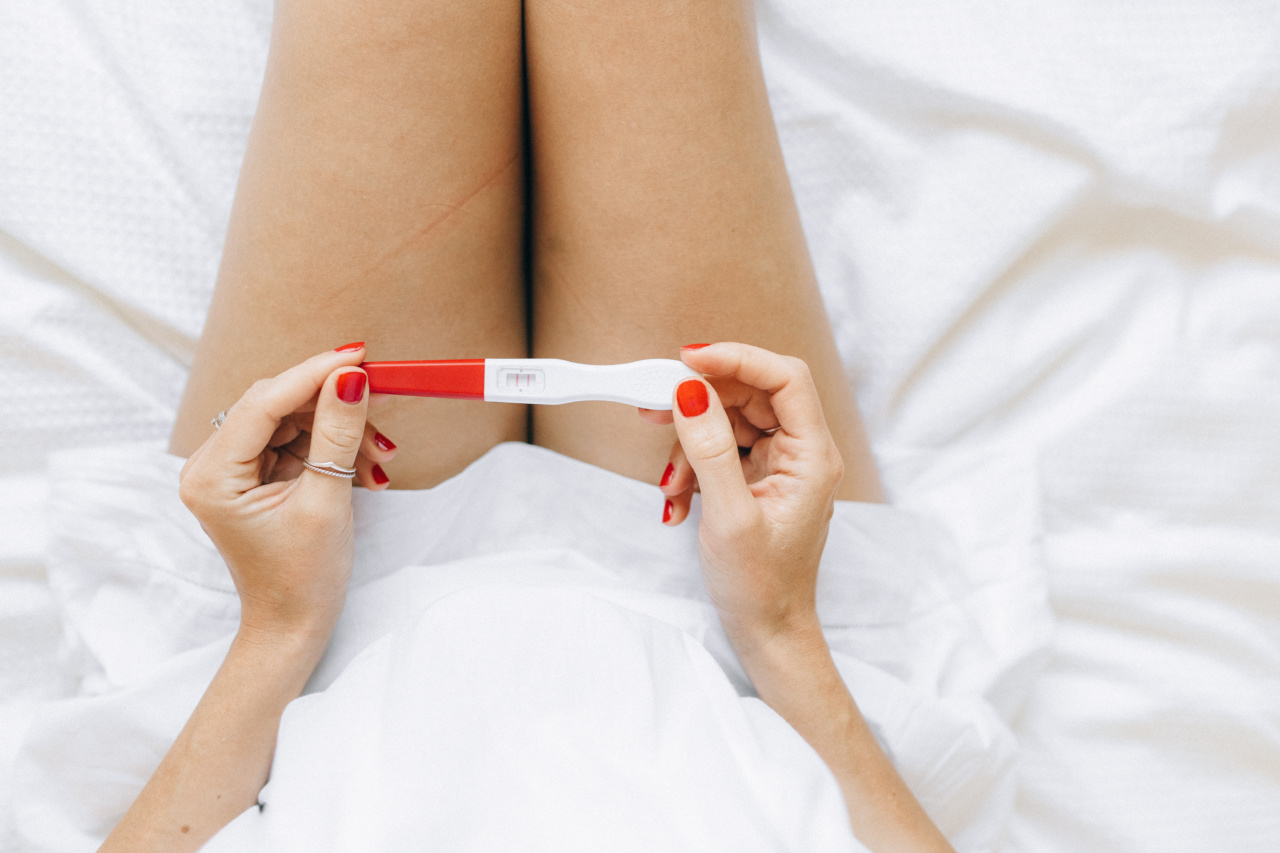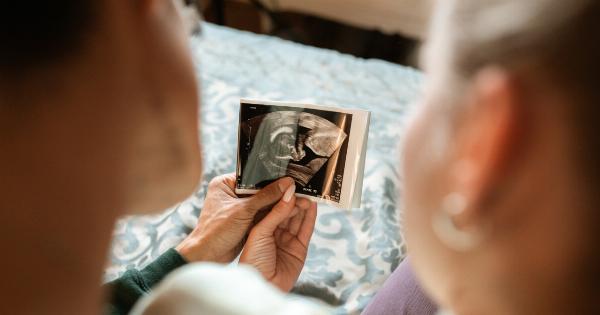Pregnancy is a beautiful time for any woman, but it is also a period when the body undergoes a lot of changes. One of the most common changes that women experience during this period is swelling in the legs.
Swelling in the legs is not uncommon during pregnancy due to hormonal changes in the body. It is also known as edema. Most women experience swelling in their ankles and feet, but some may also experience swelling in their legs.
Why does this happen?
There are several reasons why this happens;.
Increase in blood volume
During pregnancy, the amount of blood in your body increases significantly. This increased blood volume puts pressure on the walls of your blood vessels, causing them to expand.
This expansion causes the fluids in your blood to seep out into the surrounding tissues, causing swelling. This swelling is most common in the legs as they are furthest from the heart and have to work extra hard to pump blood back up to the heart.
Pressure on the pelvic veins
As your uterus expands to accommodate the growing fetus, it puts pressure on the veins in your pelvic area. This pressure slows down the blood flow in your legs, causing fluids to accumulate in the surrounding tissues. This leads to swelling.
Hormones
Pregnancy hormones can also contribute to swelling in the legs. The hormone progesterone causes the blood vessels to relax, increasing their capacity to hold blood.
This increased capacity, coupled with the increased blood volume, can cause fluids to seep out into the surrounding tissues, causing swelling in the legs.
When does the swelling occur?
Swelling in the legs during pregnancy usually begins in the third trimester, around the 27th week of pregnancy. However, some women may experience swelling earlier in their pregnancy.
How to reduce the swelling?
Here are some tips that can help:.
Exercise regularly
Regular exercise can help improve blood flow in your legs, preventing fluids from accumulating in your tissues. Walking, swimming, and yoga are all great options.
Drink plenty of water
Drinking enough water can help flush out excess fluids from your body, reducing swelling in your legs. Aim for at least 8-10 glasses of water a day.
Elevate your legs
Elevating your legs above heart level can help reduce swelling. Lie down on your back and prop your legs on a pillow.
Avoid standing or sitting for long periods of time
If you have to stand or sit for long periods of time, take breaks in between to move around and stretch your legs.
Avoid tight clothing
Tight clothing can restrict blood flow in your legs, worsening swelling. Opt for loose, comfortable clothing instead.
When to see a doctor?
While swelling in the legs during pregnancy is common and normal, in some cases, it can be a sign of a more serious condition.
If your swelling is severe, sudden, or accompanied by other symptoms such as headaches, blurred vision, or pain, see a doctor immediately. These could be signs of preeclampsia, a serious pregnancy complication.
In conclusion
Swelling in the legs during pregnancy is common and normal. It can be caused by an increase in blood volume, pressure on the pelvic veins, and pregnancy hormones.
Regular exercise, drinking enough water, elevating your legs, avoiding standing or sitting for long periods of time, and avoiding tight clothing can help reduce swelling. However, if your swelling is severe, sudden, or accompanied by other symptoms, see a doctor immediately.































